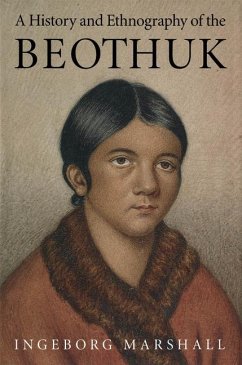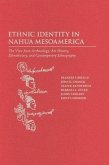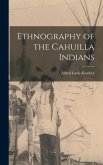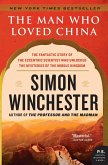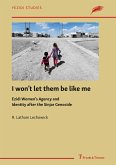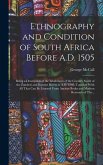In Part I, Ingeborg Marshall documents the history of the Beothuk from the first European encounter in the 1500s to their demise, focusing on relations between Beothuk and English through the centuries and the reasons for change in Beothuk distribution and population size. She provides a highly readable and lucid account of the increasing competition between Beothuk and English for resources on the coast, the ways in which English trappers interfered with Beothuk hunting activities, and the hostilities that resulted. She examines the conciliatory attempts of private citizens and naval officers, the taking of Beothuk captives, and factors such as disease and starvation that contributed to the decline of the population. Relations with Inuit, Montagnais, and Micmac are also discussed. Part II is a comprehensive review of Beothuk culture. Each chapter focuses on an ethnographic theme, such as size and distribution of the Beothuk population, aspects of social organization, food consumption and subsistence economies, tools and utensils, hunting and fishing techniques, appearance and clothing, dwellings, canoes and other means of transportation, burial practices, and fighting methods, as well as the Beothuk world view and language.
Hinweis: Dieser Artikel kann nur an eine deutsche Lieferadresse ausgeliefert werden.
Hinweis: Dieser Artikel kann nur an eine deutsche Lieferadresse ausgeliefert werden.

